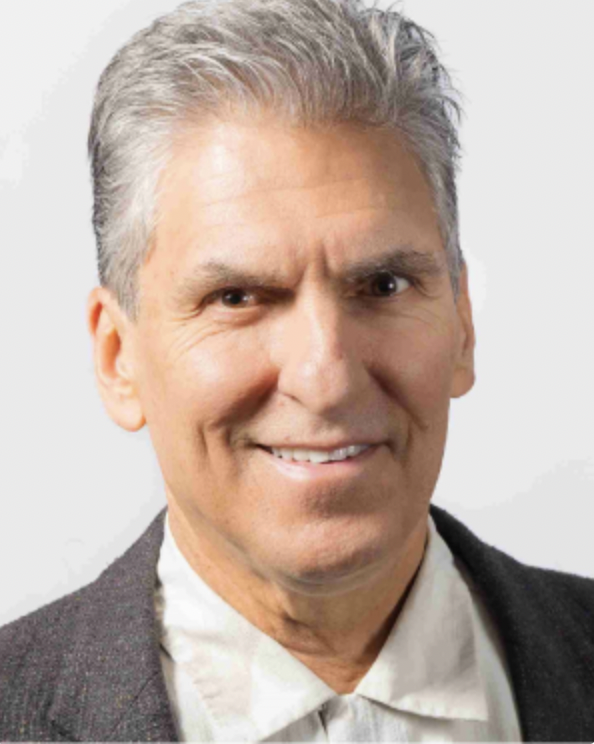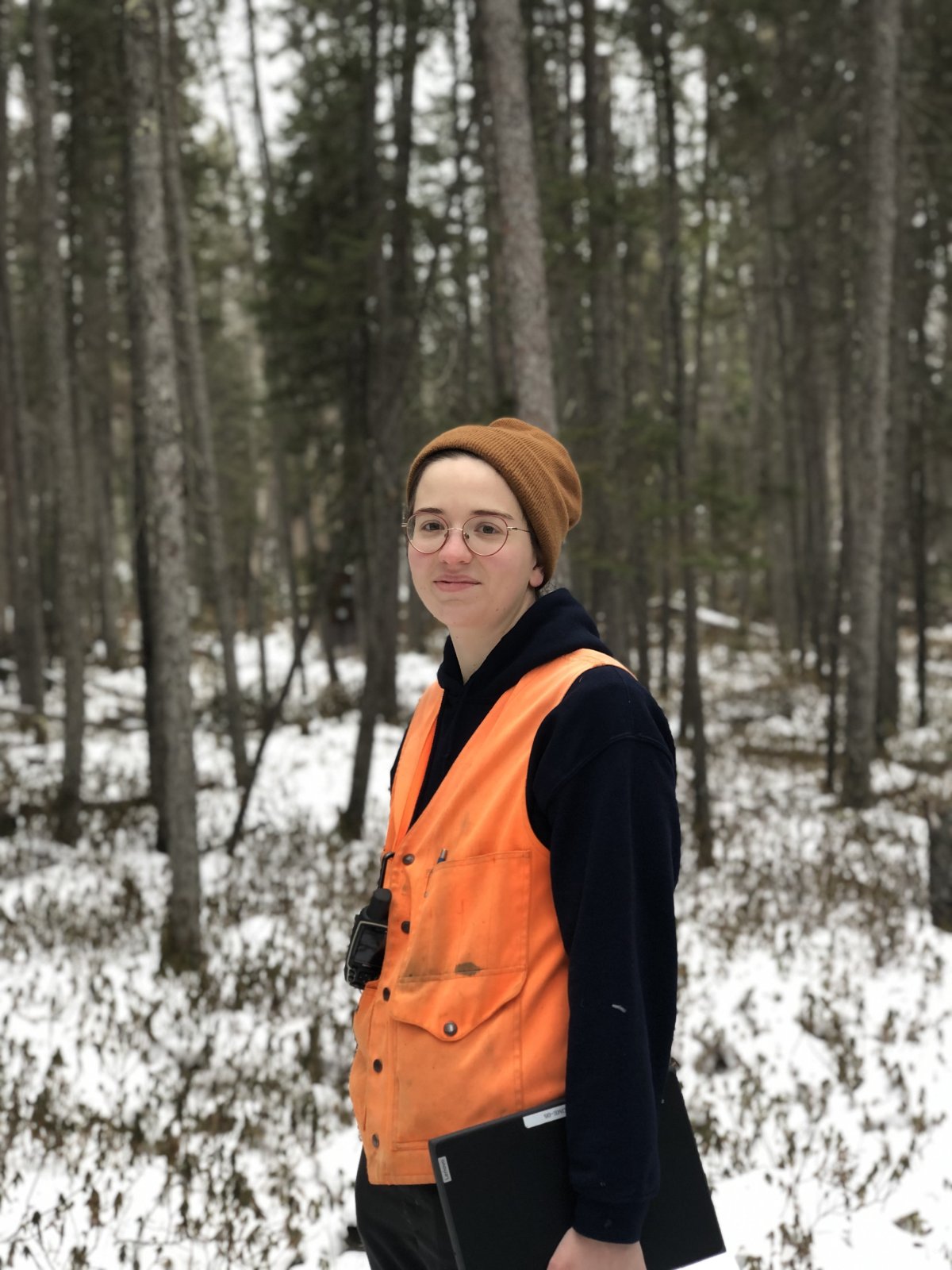The Alvin Anderson Award Ceremony & Distinguished Lecture by Walt Musial
Read About the Alvin Anderson Award
Distinguished Lecture:
Technical Challenges of Deploying Offshore Wind in U.S. Regions
Abstract: A massive transition is underway to convert the global energy supplies to net zero carbon emitting sources. Offshore wind is one of the most significant renewable energy sources available to the United States contributing to this transition. Nascent offshore wind systems are being deployed in Europe and in the Atlantic Ocean along the U.S. eastern seaboard but siting offshore wind energy projects in other regions will be necessary to meet our decarbonization goals. The south Atlantic, Gulf of Mexico, Great Lakes, and the Pacific Ocean each present new engineering challenges. To attain the necessary scale of deployment, new technology is needed to overcome design and deployment issues introduced by extreme hurricanes, surface ice floes, and deep water. The seminar will describe these issues and cover the state of the current research that is underway to overcome these challenges.

About the Distinguished Speaker: Walt Musial is the Chief Engineer for Offshore Wind at the National Renewable Energy Laboratory (NREL) where he has worked for 35 years. In 2003 he initiated the offshore wind energy research program at NREL which focuses on a wide range of industry needs and critical technology challenges. He founded and chairs the ACP Offshore Wind Standards Subcommittee and served for six years as the Senior Technical Advisor to the National Offshore Wind R&D Consortium. Through NREL’s strategic partnerships, Walt is leading multiple research activities to build the knowledge base for U.S. offshore wind regional frontiers, which include the Great Lakes, the Gulf of Mexico, the Gulf of Maine, and the Pacific Ocean. Previously, Walt developed and ran NREL’s full scale blade and drivetrain testing facilities for 15 years. Earlier, Walt worked five years as a field test engineer in the commercial wind energy industry in California. He studied Mechanical Engineering at the University of Massachusetts - Amherst, where he earned his bachelor’s and master’s degrees, specializing in energy conversion with a focus on wind energy engineering. He has over 120 publications and three patents.
Anderson Award Recipient: Mariel Jones, PhD candidate in the Water Resources Science (CFANS) program.

Abstract: Peatlands are an essential part of the global carbon cycle, storing 30% of the world’s total soil carbon while covering only 3% of the earth’s surface. Furthermore, peatland extent overlaps significantly with the area of receding permafrost—meaning more peatlands, and their carbon stores, will experience the effects of changing soil frost dynamics under current climate projections. While it is well known that soil frost can influence surface and subsurface flows, infiltration, and evapotranspiration, the when, where, and why these influences occur are still largely misunderstood, especially in watersheds with complex storage dynamics like peatlands. In this presentation, we provide a broad overview of three projects aimed at tackling this question of how, and under what conditions, frost affects the hydrological connectivity within peatland systems. First, using long term climatological data we show that soil frost influences the magnitude of annual streamflow rates and the timing of spring recharge during the winter season by controlling the cascade of water flow from the snowpack to the stream. In the second project, we invoke high spatial resolution field measurements to trace the influence of watershed architecture on snow accumulation and water storage within the watershed. Finally, we implement cutting edge hillslope-modelling techniques and field data assimilation to provide better predictions of water flow dynamics within the highly heterogeneous peatland-dominated watersheds and, by proxy, more accurate carbon dynamics in these global-scale models. Overall, this research aims to understand more about frost processes in peatland systems and understand the effects that continued increases in temperature and decreased water availability may have on peatland carbon dynamics.
About Marial Jones: Mariel Jones is a PhD candidate in the Water Resources Science (CFANS) program. Their work focuses on the nexus of climate, water, and landscape in peatland dominated watersheds. Currently, they are looking at the effects of climate change on snow regimes and increases in winter temperatures on soil frost and spring hydrological flows in Minnesota through both field and modelling lenses. Outside of research, Mariel is passionate about science communication and writes and illustrates environmental science comics. Before joining the Feng lab at the University of Minnesota and becoming immersed in ecohydrology, Mariel acquired a B.S. in Engineering Science and Mathematics & Statistics from Smith College in Massachusetts.
